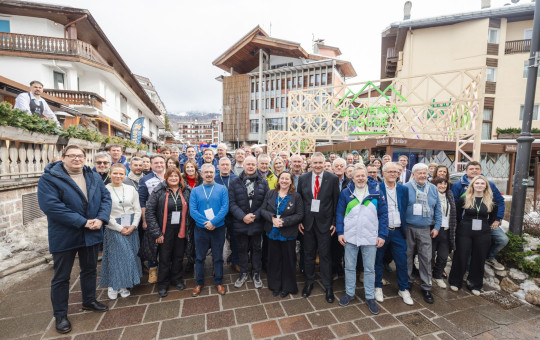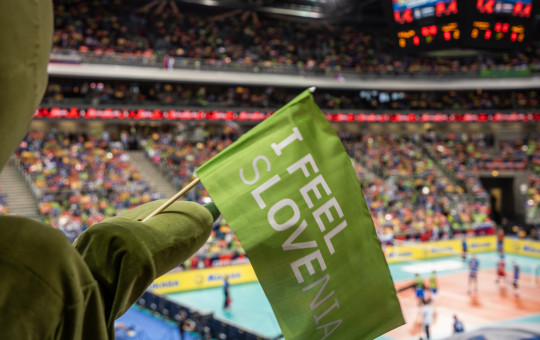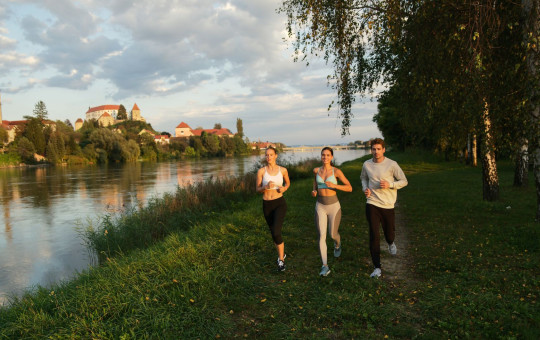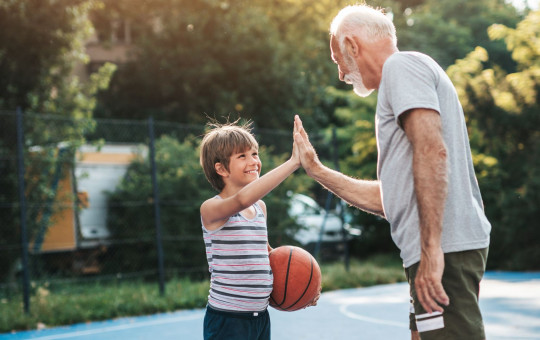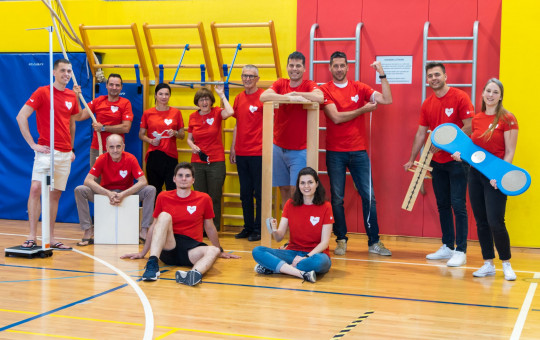Date: 10. May 2023
Time to read: 2 min
On 10 May, we celebrate World Move for Health Day, the purpose of which is to promote physical activity and increase the proportion of the population who are physically active. The National Institute of Public Health (NIJZ) emphasises that physical activity is already an important building block of health in childhood and adolescence.
Since 1987, the physical fitness and physical development of Slovenian children and adolescents attending primary and secondary school has been monitored annually through the Sport Education Card (ŠVK - »Športnovzgojni karton«) programme, which was later upgraded with the online application My SLOfit. This enables lifelong monitoring of physical performance.
Gregor Jurak, professor at the Faculty of Sport in Ljubljana and head of the SLOfit research group, has observed a sharp deterioration in the results entered into the Sport Education Card in the recent years, and warns that Slovenia is losing its competitive advantage in this respect due to the deterioration of children's physical abilities. He considers that this will result in lower labour productivity, as both the mental and physical health of the population will deteriorate. However, in his opinion, this can be changed with investments in physical activity, and especially in physical performance.
The data from the latest report of the SLOfit group show that Slovenian children are still among the most physically capable within the 57 analysed countries.
On average, 4.46 hours of physical education are taught per week, per pupil in Slovenian schools. In order to neutralise the impact of the pandemic and of sedentary behaviour, the Ministry of Education is drawing up measures to enable additional physical activities for children and young people.
-
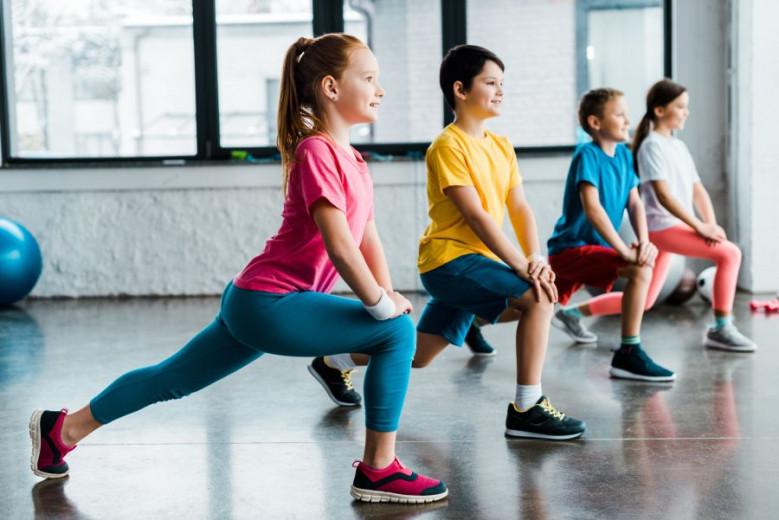 On average, 4.46 hours of physical education are taught per week, per pupil in Slovenian schools. Photo: LightFieldStudios/Shutterstock.com
On average, 4.46 hours of physical education are taught per week, per pupil in Slovenian schools. Photo: LightFieldStudios/Shutterstock.com
-
 NIJZ recommends walking for 30 minutes or more at least five days a week. Photo: CJ STUDIO d.o.o., Ciril Jazbec/www.slovenia.info
NIJZ recommends walking for 30 minutes or more at least five days a week. Photo: CJ STUDIO d.o.o., Ciril Jazbec/www.slovenia.info
-
 On 10 May, we celebrate World Move for Health Day. Photo: Jošt Gantar/www.slovenia.info
On 10 May, we celebrate World Move for Health Day. Photo: Jošt Gantar/www.slovenia.info
NIJZ also emphasises that the regular physical activity of children and young people is an investment in a healthy and active age. Physical activity has a favourable impact on academic performance and the performance of daily tasks, strengthens psychological resilience, and improves physical fitness and bone health, which also has beneficial consequences in the long term.
With regular exercise, especially running and jumping, children and young people increase bone mass, which reduces the risk of developing osteoporosis and related fractures later in life.
NIJZ recommends walking for 30 minutes or more at least five days a week, as intensive walking helps reduce the risk of developing chronic diseases, improves memory, reduces the risk of dementia and osteoporosis, and prevents weight gain.

